DCEO probes schools

SHARE THIS PAGE!
The Directorate on Corruption and Economic Offences (DCEO) has launched a massive investigation into the hiring of school principals, amidst shocking claims that some candidates fork out as much as M30,000 in bribes to secure places.
Investigations by theReporter have revealed that the Ministry of Education and Training has for years been riddled with allegations of corruption, improper procedures, and political influence in the recruitment of principals.
The challenges are reportedly rife at primary school level, where principals have different qualifications – diplomas and degrees.
The corruption reportedly went into override in December last year after the government reportedly gave the nod to the recruitment of principals despite clearly indicating that it did not have any funds for the exercise.
This announcement is said to have led to a scramble for appointments, including acting principals, into substantive positions.
Sources this week said there were also allegations of some people paying huge amounts of money to authorities to secure places.
These shenanigans have caught the attention of the DCEO, which has now sprung into action to probe the allegations of corruption bedevilling the recruitment system.
This was confirmed this week by the public relations officer of the anti-corruption body, ‘Matlhokomelo Senoko.
Senoko said her office had received reports from schools bawling about illegally hired principals.
“We however cannot disclose the number of schools that we’re investigating,” she said.
However, investigations by this publication have revealed that the DCEO is probing the appointment of principals at about 40 schools across the country.
Reports further suggest that appointments made particularly around December 2023 may not have followed proper protocols. The principals started work in January this year.
Allegations have also surfaced that qualified candidates were in some instances overlooked in favour of individuals with political connections.
Some new principals were deployed to schools were there were qualified personnel or in situations where deputy principals with higher qualifications were available.
“Funding issues have contributed to this mess as the government reportedly had financial difficulties in December 2023, leading to an urgent hiring process where principals were asked to apply for posts despite lack of funds. This led to the hiring of some individuals who were already acting in those roles but did not have the required qualifications,” a source said.
He noted that the government also prioritised hiring deputy principals who had been approved by school boards, since they would be paid less. However, some posts were filled by people who did not follow the prescribed procedures,” this publication learnt.
A number of schools have confirmed being visited by the DCEO last week as part of its investigations, and interrogated about alleged irregularities in the hiring process.
The principal of Mosamo Primary School in Leribe, Paul Matsoso, says he was interviewed by the DCEO and cleared after the school board confirmed that it had approved his appointment.
He said DCEO officials paid him a visit last Friday and informed him that they were investigating schools that had allegedly hired principals illegally.
Matsoso also indicated that the officers further wanted to know why he was the only candidate interviewed for the position.
“I told them that I didn’t know that I was the only one interviewed. They told me to leave the school immediately, which I did,” said Matsoso, who is also the vice president of the Lesotho Principals Association of Lesotho (LePsa).
The principal of Maputsoe Anglican Church of Lesotho (ACL) in Leribe, Jane Molapo, who was also reportedly interviewed by the DCEO last Friday, refused to comment.
“Anything related to this school should be addressed with the secretary of the ACL,” she said briefly over the telephone on Tuesday.
On his part, LesPa president, Mathafeng Moteuli, said the DCEO probe suggests that the hiring process might have been influenced by factors beyond qualifications, such as political patronage.
Moteuli said there are suspicions that political affiliations played a role in the appointments, rather than merit.
He noted that this has raised concerns about the integrity of the hiring process and the fairness of appointments.
“Some principals were allegedly removed from their posts and replaced with individuals from different backgrounds or qualifications, which had caused frustration among staff who had been in acting roles without receiving any allowances.
“There are long-serving principals who were replaced at schools like Qoqolosing and Liqala primary in Leribe district, with individuals possessing lesser qualifications or with no clear reasons for their promotion,” he added.
He also alleged that one individual had paid M30, 000 to secure appointment as principal, in a covert scheme involving several influential personnel such as district human resources officers, school boards, and officials from the Teaching Service Commission (TSC).
Education and training minister, Professor Ntoi Rapapa was not available for comment yesterday.
However, a senior TSC official who spoke on condition of anonymity emphasized the importance of following the set policy and procedures outlined in a memo for recruiting new staff.
He pointed out the delay in hiring principals, many of whom have been acting in their positions for long periods, had contributed to challenges such as “go-slows” by teachers, resulting in failure to teach learners effectively.
The backlog was a result of insufficient budget allocations in the past, but recently, the government approved funding to address the hiring delays, the official indicated.
“High schools face fewer challenges in this area because their principals typically hold degree qualifications.
“However, primary schools have both degree and diploma holders, some of whom have worked for extended periods in acting roles,” he said.
He added that it would not make sense to promote someone with a diploma over a degree holder, even in cases where the former have more experience.
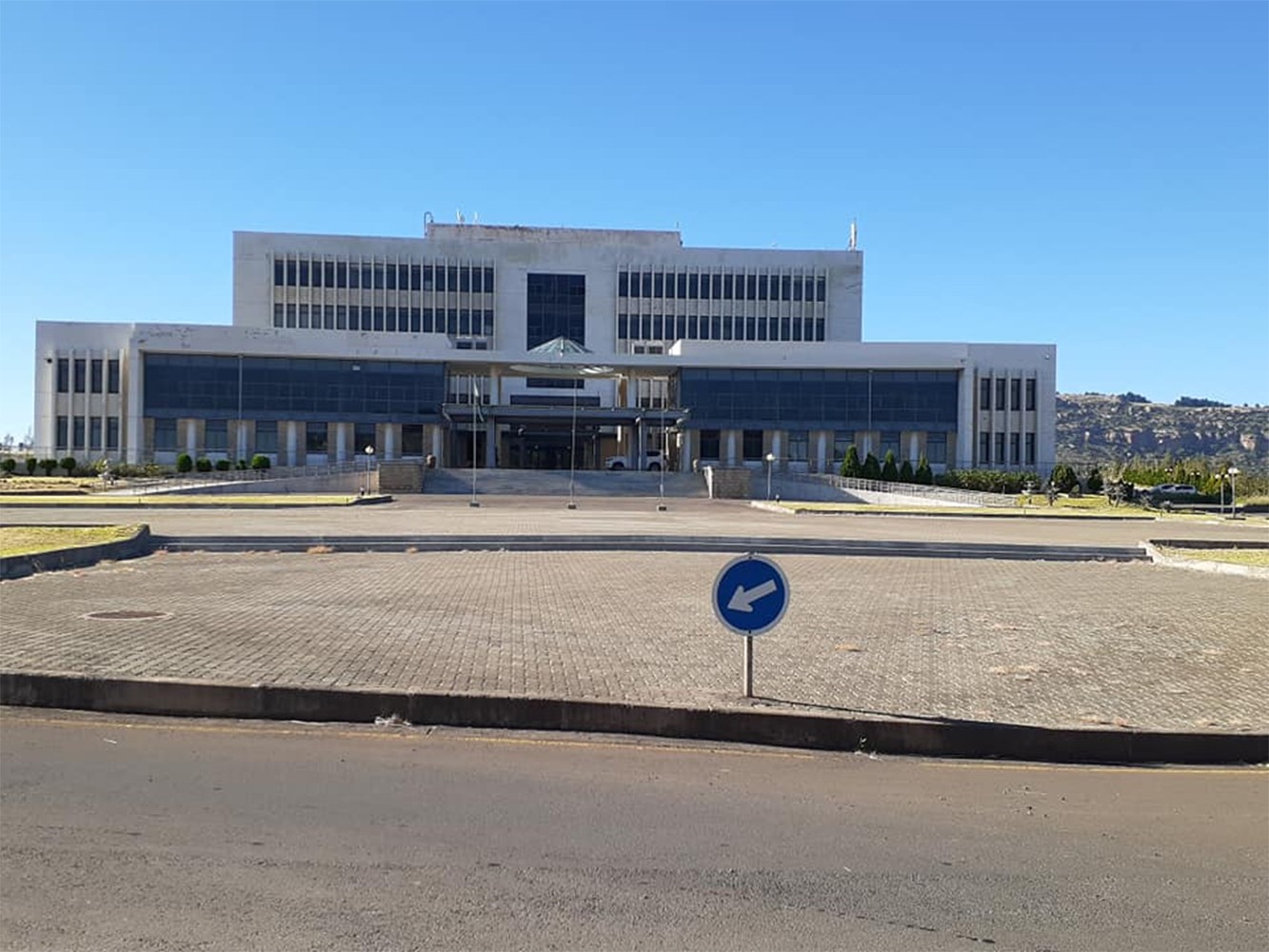
Parly derides finance minister
20 days ago

Basotho Diaspora urged to invest locally
22 days ago

Media training to boost economic journalism
23 days ago
Selimo to stage “One Man Show”
23 days ago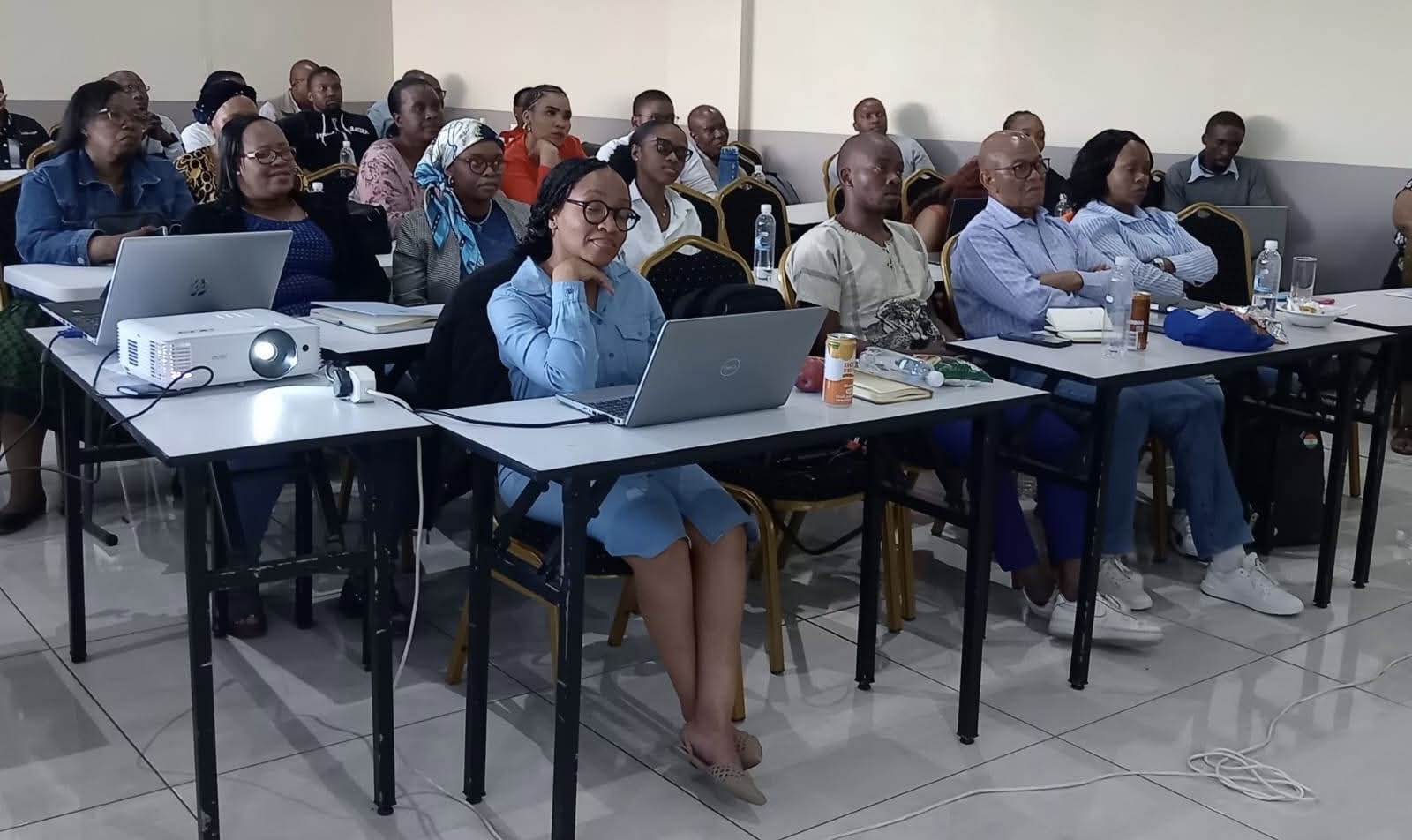
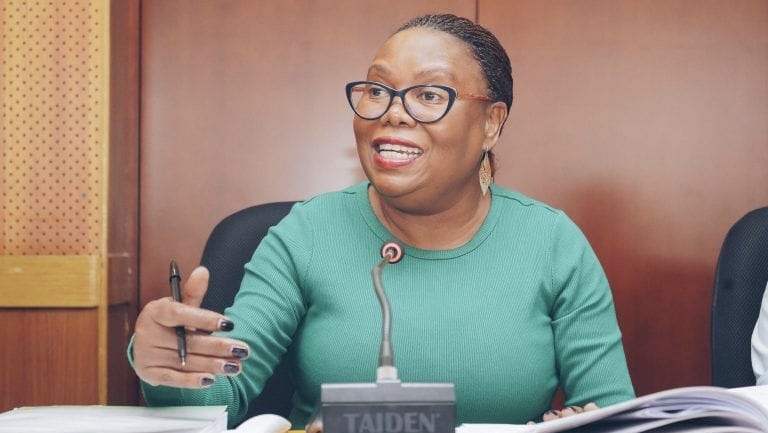
MP boycotts National Assembly sitting
25 days ago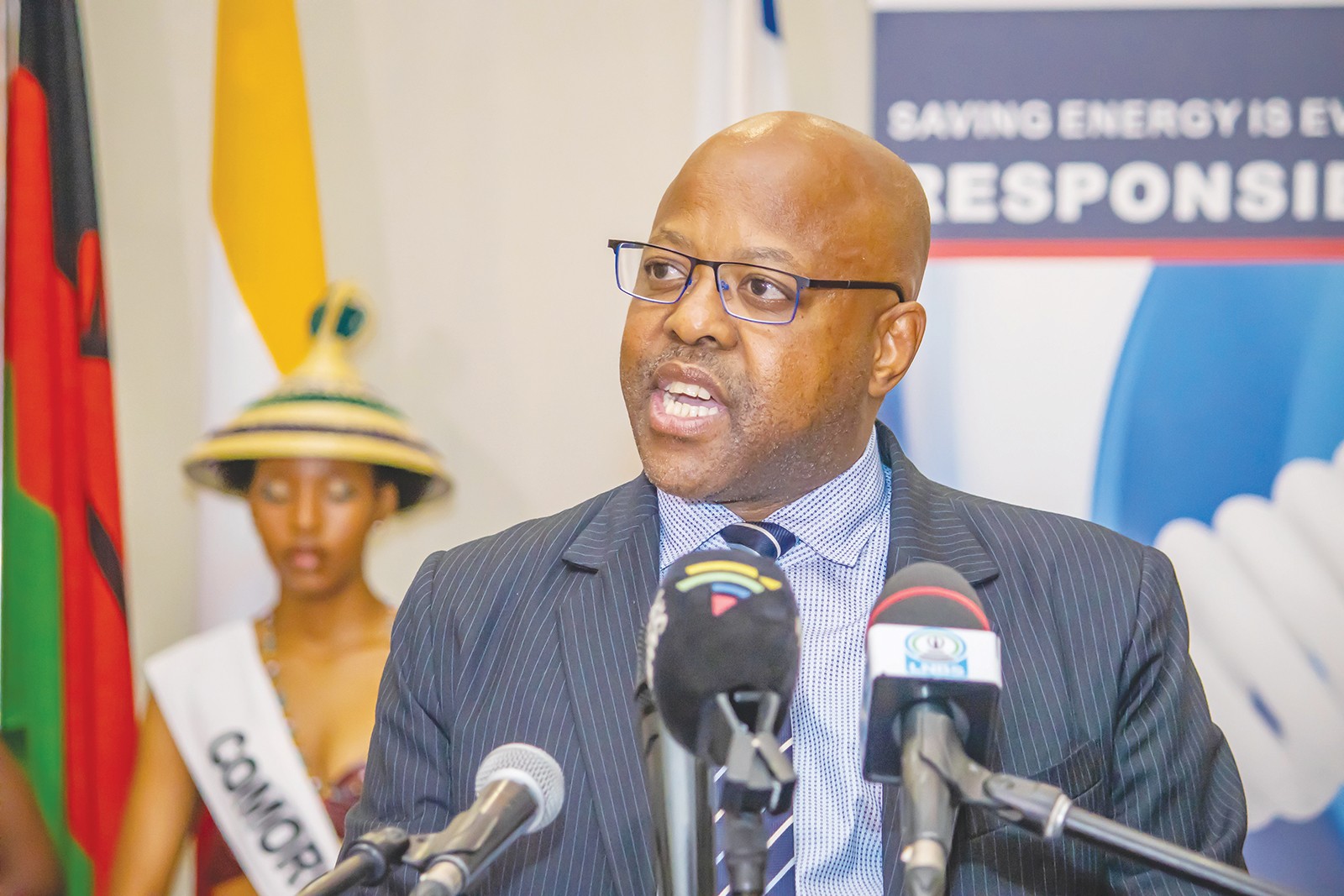
Lesotho to host SADC water dialogue
a month ago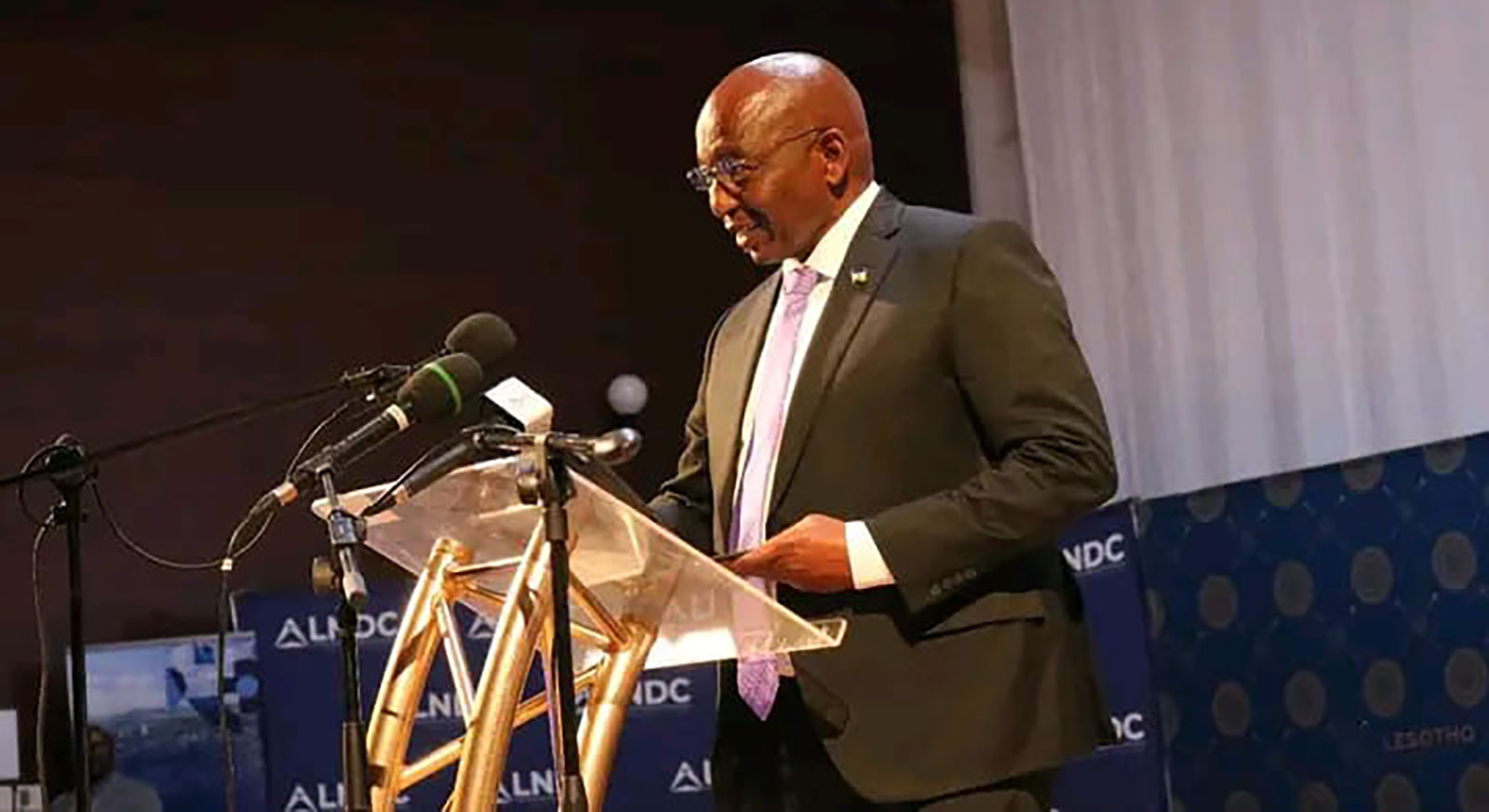
PM hails Sebabatso initiative progress
a month ago